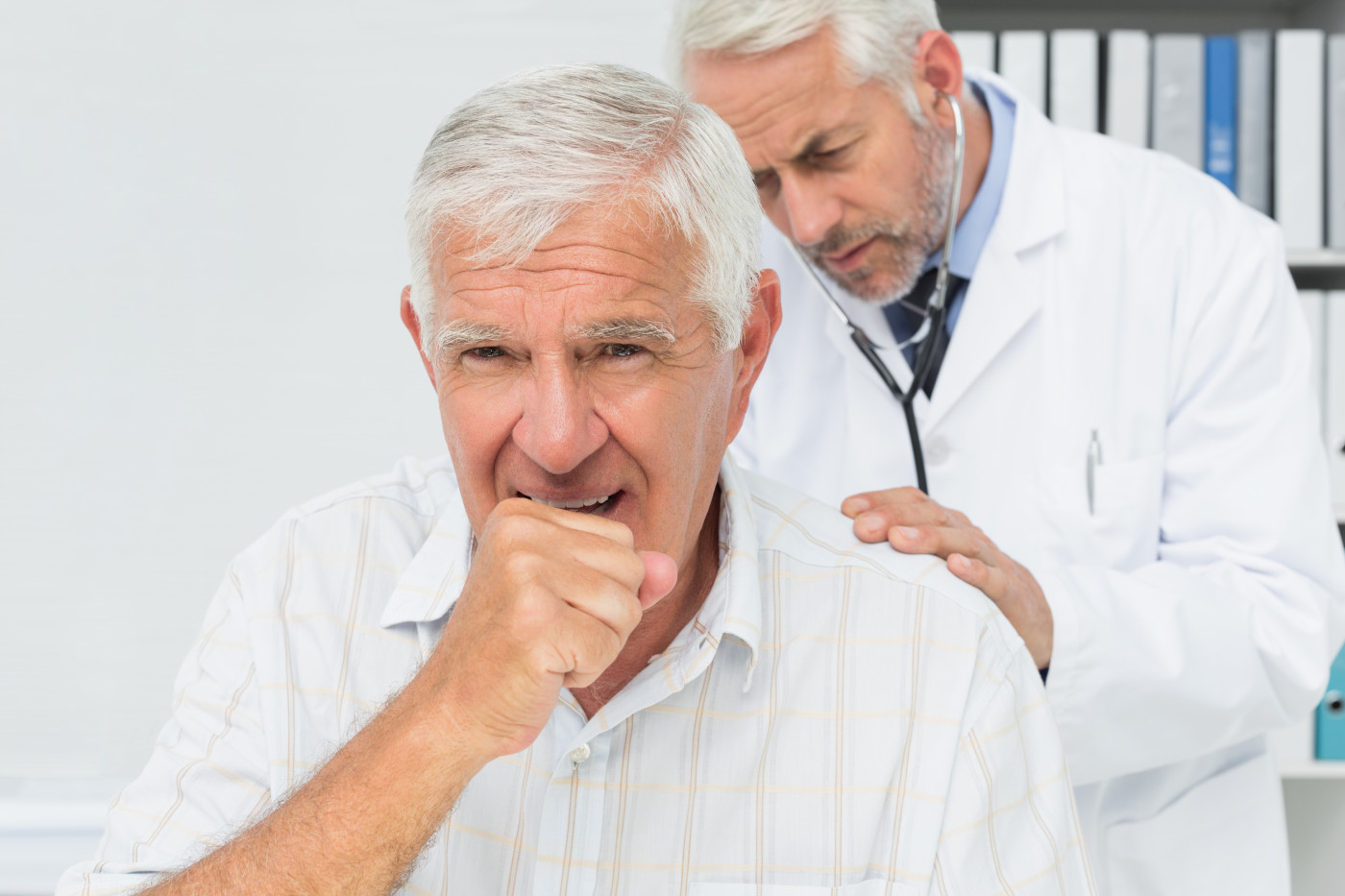Pulmonary Rehabilitation Within 3 Months of Hospital Stay Improves Survival
Written by |

Starting a pulmonary rehabilitation program within three months of hospitalization for chronic obstructive pulmonary disease, or COPD, improved the rate of survival over one year by 6.7%, according to new research.
The study, “Association Between Initiation of Pulmonary Rehabilitation After Hospitalization for COPD and 1-Year Survival Among Medicare Beneficiaries,” was published in the journal JAMA.
It has been estimated that around 15.5 million people in the U.S. had COPD in 2015. Further, exacerbations — a sudden worsening of PF, or a flare-up — led to more than 1.5 million emergency department visits and almost 700,000 hospitalizations per year between 2001 and 2012.
Though there is no cure for COPD, lifestyle changes and treatment options can be effective at managing its symptoms.
One option is pulmonary rehabilitation, a comprehensive program that incorporates exercise regimens, nutritional guidance, education about the disease, and psychological counseling. Such programs are designed to improve patients’ overall physical and mental health.
Studies have shown an overall benefit of pulmonary rehabilitation for people with COPD, and new research suggests that these programs may be of great benefit to patients who have recently experienced a disease exacerbation, or flare up of symptoms.
To assess the potential benefit of pulmonary rehabilitation for COPD patients with exacerbated symptoms, a team of researchers collected data on individuals hospitalized for COPD in 2014 at 4,446 acute care hospitals across the U.S.
A total of 197,376 COPD patients, with a mean age of 76.9 years, were included in the study. The researchers compared those who began a pulmonary rehabilitation program within three months (90 days) of being discharged from a hospital, with those who did not.
In all, 2,721 patients (1.5%) began pulmonary rehabilitation within three months of discharge. From this group, 198 (7.3%) died within one year of the hospitalization.
Among patients who either began pulmonary rehabilitation after three months or did not do it at all, a total of 38,104 (19.6%) died within one year of being hospitalized.
Using statistical methods, the team determined that beginning a rehabilitation within three months of discharge significantly reduced the risk of mortality over one year in patients with COPD. The risk of death was reduced by 6.7%.
The data also showed that those who began a rehabilitation within three months had a significantly reduced risk of frailty and less comorbidity, or the likelihood of having two simultaneous chronic diseases. However, these patients were more likely to have received home oxygenation treatments before hospitalization.
The researchers also evaluated whether the number of rehabilitation sessions improved health outcomes. The results showed that that every additional three sessions — the suggested weekly dose — within the first 90 days contributed to a significant reduction in mortality risk.
“Every 3 additional sessions was significantly associated with lower risk of death,” they wrote.
Taken together, the study’s findings indicated that beginning pulmonary rehabilitation shortly after hospitalization is of great benefit to people with COPD.
“Initiation of pulmonary rehabilitation within 3 months of discharge was significantly associated with lower risk of mortality at 1 year,” the researchers wrote. “These findings support current guideline recommendations for pulmonary rehabilitation after hospitalization for COPD.”
The team did note some study limitations, including the fact that patients in the rehabilitation group were younger on average and less frail than those who did not start a program within three months. In addition, the study did not rely on tests to account for the severity of COPD, and the specifics of the rehabilitation program were not considered.
Nevertheless, the findings indicate the importance of a pulmonary rehabilitation program to improve survival among COPD patients after hospitalizations for exacerbations.




